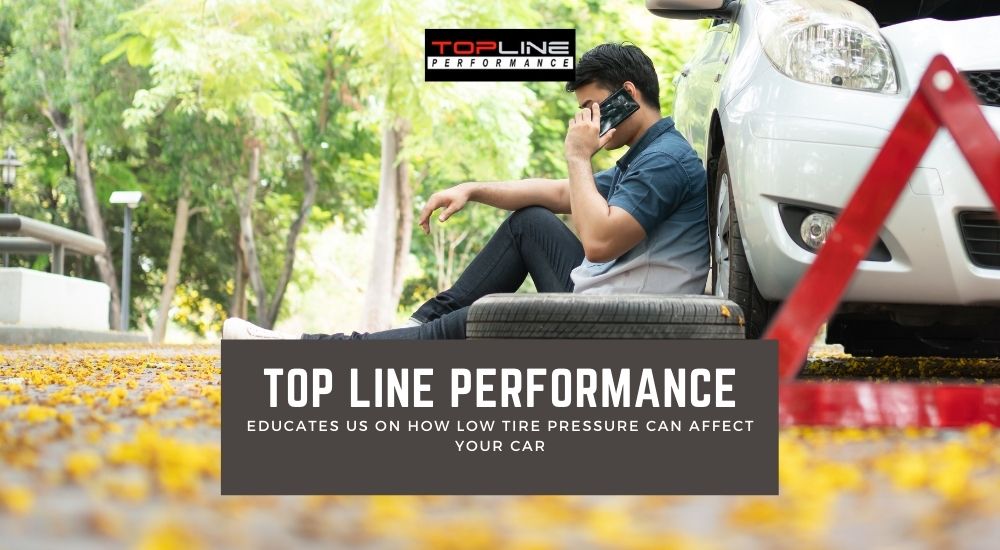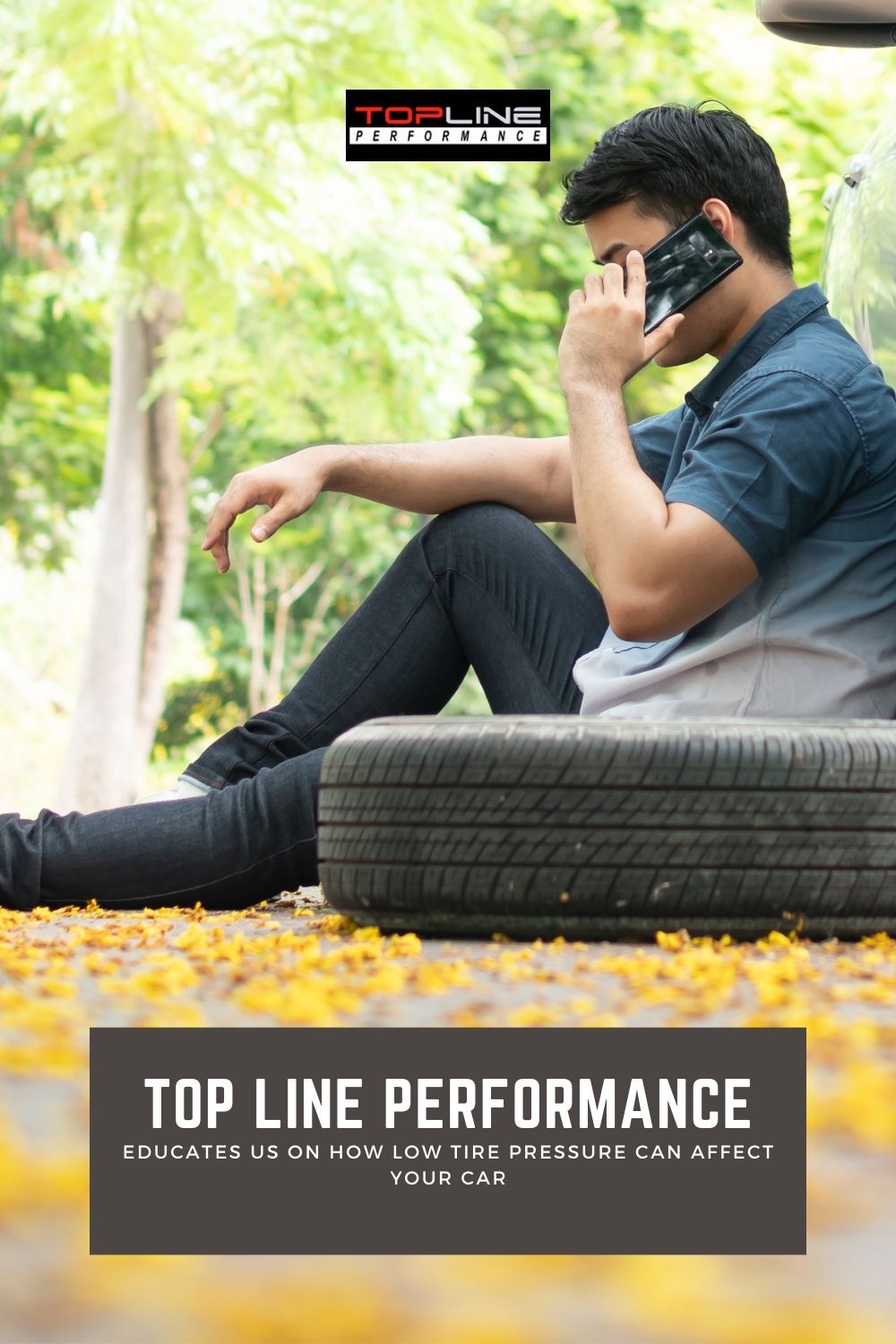Tire maintenance is one of the most crucial aspects of owning a vehicle. Neglecting proper tire care can lead to a series of issues, with low tire pressure being one of the most common culprits. Not only does it compromise your car's performance, but it can also pose serious safety risks. As an auto repair shop in Huntington Beach, California, we’ve seen firsthand the consequences of ignoring tire pressure, and it’s not a gamble worth taking. Driving with underinflated tires reduces your car’s ability to respond effectively to steering commands. This makes navigating tight corners or sudden maneuvers far more challenging, particularly for larger vehicles. If you're speeding down the highway or maneuvering through city streets, having less control over your vehicle can spell disaster. Ensuring your tires are properly inflated is key to maintaining responsive handling and avoiding potential accidents. Underinflated tires are prone to excessive wear and tear, which can degrade their grip and structural integrity. Over time, this can lead to uneven tread wear, reducing the tire's ability to hold the road effectively. Not only does this affect your car’s performance, but it also results in increased fuel consumption. To put it simply, keeping your tires adequately inflated saves both money and resources while enhancing safety. Moreover, underinflated tires are more susceptible to punctures and blowouts. Even small objects like nails or debris on the road can cause significant damage if your tires aren't in optimal condition. Regular checks can help you spot these issues early, preventing costly repairs down the line. How often should you check your tire pressure? Ideally, once a month is a good rule of thumb. Weather conditions, temperature fluctuations, and even driving habits can significantly impact tire pressure. Additionally, different brands and models of tires respond differently to inflation levels. Always refer to the manufacturer's recommendations or consult a trusted auto repair shop in Huntington Beach for advice tailored to your specific vehicle and load requirements. While underinflated tires present their own set of challenges, overinflation is equally problematic. Overinflated tires lose their natural cushioning ability, making them more vulnerable to damage from potholes or road debris. This can lead to premature wear and an uneven tread pattern, compromising your vehicle's stability. Furthermore, overinflated tires tend to ride harshly, negatively affecting the overall comfort of your ride. It's essential to strike the right balance to ensure longevity and safety. Regular maintenance is vital for ensuring your tires remain in top condition. Beyond checking the pressure, inspecting the tread depth and looking for signs of wear or damage is equally important. If you notice any irregularities, don’t hesitate to seek professional assistance. Auto repair shops in Huntington Beach are well-equipped to diagnose and address any tire-related concerns, helping you avoid costly repairs or replacements. In conclusion, staying vigilant about your tire pressure and overall tire health is critical for both your safety and the longevity of your vehicle. By taking proactive measures—such as regular checks and timely repairs—you can enjoy a smoother, safer, and more efficient driving experience. Remember, a well-maintained vehicle is not only safer but also more cost-effective in the long run. Corn Sheller,Small Electric Corn Thresher,The easiest corn thresher,Wind suction corn thresher Hunan Nongle Machinery Co., Ltd. , https://www.nongleagro.com
The Dangers of Underinflated Tires
Frequency of Tire Pressure Checks
The Risks of Overinflation
Maintaining Tire Health
